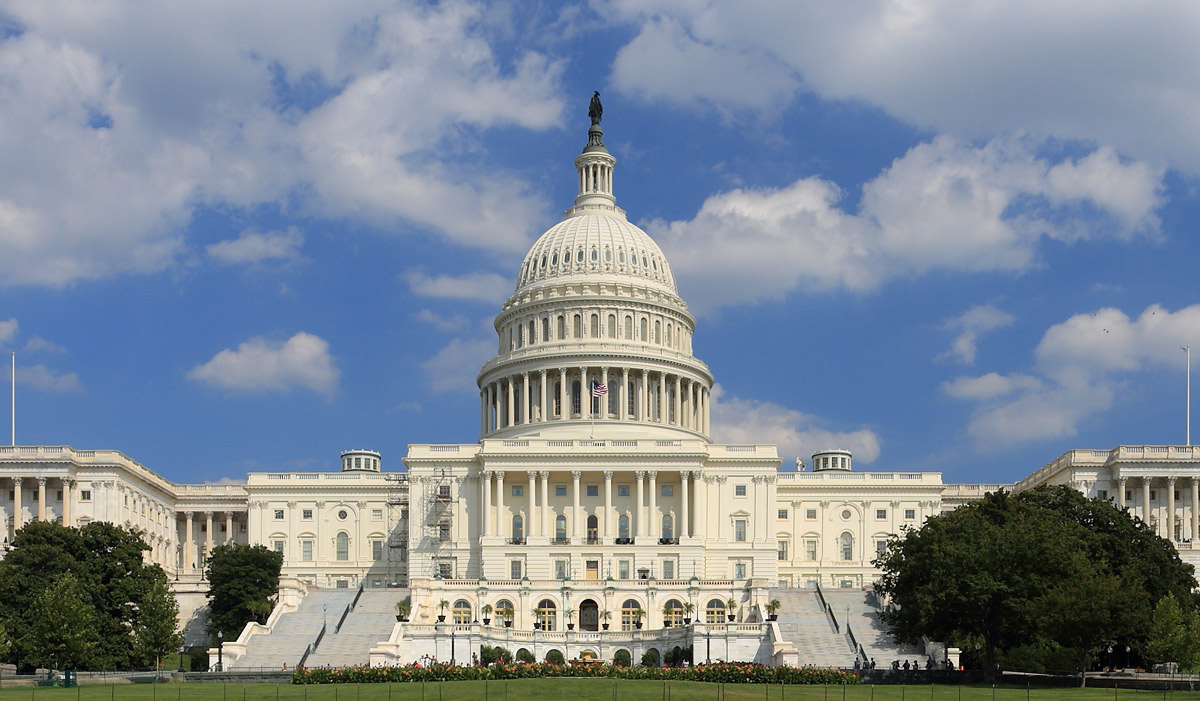Politics majors interested in the study of the law may follow the formal politics pre-law "track." (Non-Politics Majors may be interested in the Pre-Law Minor, on which more information can be found here.)
The first step for a Politics major to take the pre-law track is to register at the button below, after which you should contact the program coordinator, Dr. Justin Litke, for advising.
Program Overview
The Pre-Law "track" is independent of the department's three "concentrations" in American government, political theory, and world politics. Students from any concentration may be "pre-law trackers," though the usual course offerings mean it overlaps the most with the American government concentration. Taking the pre-law track does not obviate the need to otherwise fulfill concentration requirements.
Course Requirements
- POL 220: Introduction to Law and Politics
- A law related Politics course at the 300 or 400 levels, including at least one semester of Constitutional Law (POL 323 and/or POL 324)
- Another law related course at the 300 or 400 levels (which could also be 323 or 324)
- A 400 level seminar course on the law or courts, usually taken in the senior year
Recent law-related courses include: POL 323 - Constitutional Law I; POL 324 - Constitutional Law II; POL 404 - Law and Morality; POL 404A - Justice; POL 407A - The Supreme Court; POL 416 - American Federalism; and POL 477 - Political Theory of the American Framing. Please consult with the program coordinator, Dr. Justin Litke, or the department's Sr. Academic Coordinator for a current list. Please note that POL 323 and 324 concern different aspects of American constitutional law and neither one is a prerequisite for the other.
Note that the pre-law sequence supplements, but does not replace, other requirements for the major. Thus, the student still pursues one of the three regular concentrations – American, world, or theory – while completing the additional requirements above. All pre-law courses in the Politics department also count toward a regular concentration.
-

Why Study Politics in D.C.?
Our D.C. address makes us ideal for students who want to pursue politics. In fact, studying politics in the nation’s capital is like a four-year networking fair. Our students can go from interning at the White House on a Monday to listening to lectures given by the Speaker of the House on a Friday, to volunteering at a federal agency over the weekend.
Learn More
